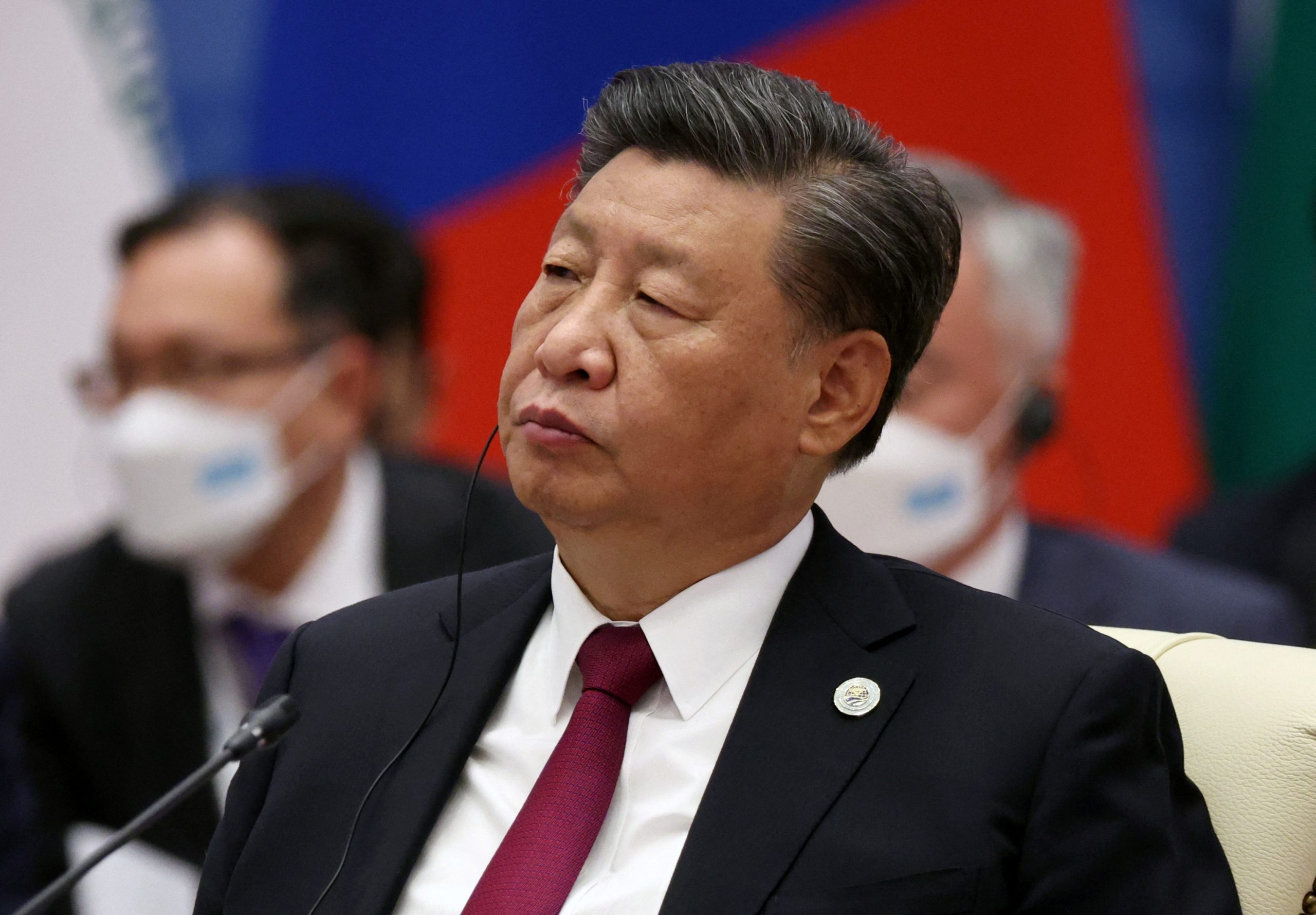China’s economy faces fresh challenges as it grapples with deflation in its consumer sector while factory-gate prices continue to decline.
The world’s second-largest economy is encountering difficulties in reigniting demand, prompting calls for additional policy measures to stimulate growth.
Concerns are mounting that China might be entering an era of sluggish economic expansion similar to Japan’s “lost decades.” During this period, Japan experienced stagnant consumer prices and wages, a sharp contrast to the rapid inflation observed elsewhere.
China’s initial post-pandemic recovery, which started with a strong first quarter, has lost momentum. Weakened demand both domestically and internationally, coupled with policies aimed at bolstering economic activity, have not yielded the desired results.
CPI down
The National Bureau of Statistics (NBS) reported a 0.3% year-on-year decrease in the consumer price index (CPI) for July, contradicting a Reuters poll that anticipated a 0.4% decline.
This marks the first drop since February 2021. Concurrently, the producer price index (PPI) has declined for ten consecutive months, registering a steeper-than-expected 4.4% fall.
This deflationary trend has led to apprehension among consumers and businesses, who are choosing to hoard cash instead of spending or investing, despite lower interest rates.
China’s consumer price index fall is the first negative reading since Japan’s in August 2021, raising concerns about its impact on major trading partners.
Gary Ng, Asia Pacific senior economist at Natixis, noted, “For China, the divergence between manufacturing and services is increasingly apparent, meaning the economy will grow at two speeds in the rest of 2023, especially as the problem in real estate re-emerges. It also shows China’s slower-than-expected economic rebound is not strong enough to offset the weaker global demand and lift commodity prices.”
Real estate crisis
These figures follow a recent report indicating a decline in exports and imports for July.
The real estate sector, a cornerstone of China’s economy, is also grappling with mounting debt issues. This economic environment has prompted consumers and businesses to be cautious with their spending and investment, even as interest rates remain low.
These developments have implications beyond China’s borders, raising concerns about the impact on its major trading partners and the global economy. While many major economies are grappling with inflationary pressures, China’s current deflationary situation sets it apart.
Despite these challenges, Chinese officials have downplayed the risk of prolonged deflation. Liu Guoqiang, deputy governor of the central bank, emphasized that deflationary risks are not expected in the latter half of the year, while acknowledging that the economy requires time to normalize post-pandemic.
China’s CPI decline in July was mainly driven by a steep 26% drop in pork prices, owing to a combination of weak consumption and ample supplies. However, on a month-on-month basis, the CPI actually increased by 0.2%, defying expectations for a decrease, fueled by a surge in holiday travel.



 Shows2 hours ago
Shows2 hours ago


 Leaders4 days ago
Leaders4 days ago


 News2 days ago
News2 days ago


 News4 days ago
News4 days ago


 News4 days ago
News4 days ago


 News4 days ago
News4 days ago


 News2 days ago
News2 days ago


 Money3 days ago
Money3 days ago








